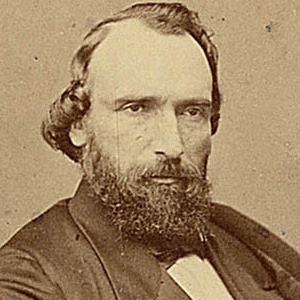He who is one with himself, is everything. Berthold Auerbach (1812 – 1882)


He who is one with himself, is everything. Berthold Auerbach (1812 – 1882)

I love all men. I know that at bottom they cannot be otherwise, and under all the false and overloaded and glittering masquerade, there is, in every man, a noble nature beneath; only they cannot bring it out, and whatever they do that is false and cunning and evil, there still remains the sentence of our Great Example: “Forgive them, […]

It lies in our own power to attune the mind to cheerfulness. Berthold Auerbach (1812 – 1882)

“What people will say.” In these words there lies the tyranny of the world, the whole destruction of our natural disposition, the uneven vision of our minds. These four words bear sway everywhere. Berthold Auerbach (1812 – 1882)

To understand things we must have been once in them and then have come out of them; so that first there must be captivity and then deliverance, illusion followed by disillusion, enthusiasm by disappointment. He who is still under the spell, and he who has never felt the spell, are equally incompetent. We only know well what we have first […]

No man loves the man whom he fears. Aristotle (384 – 322 B.C.E.)

To be happy means to be self-sufficient. Aristotle (384 – 322 B.C.E.)

The answer to the last appeal of what is right lies within a man’s own heart. Trust yourself. Aristotle (384 – 322 B.C.E.)

It was through the feeling of wonder that men now and at first began to philosophize. Aristotle (384 – 322 B.C.E.)

Whatever you do, act always in full presence of mind. Be thoughtful in eating and drinking, in walking or standing, in sleeping or waking, while talking or being silent. Buddha (circa 560 – 483 B.C.E.)